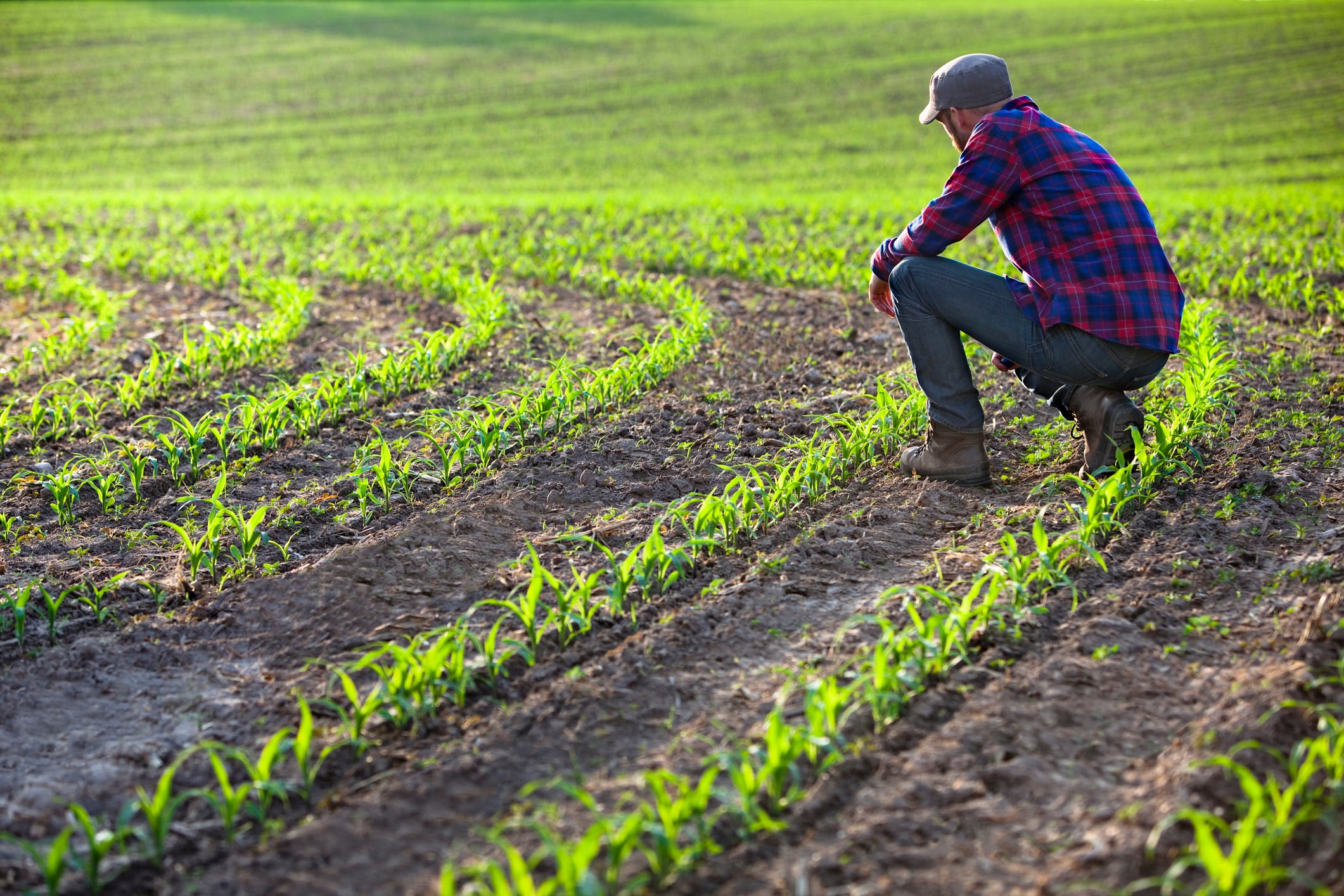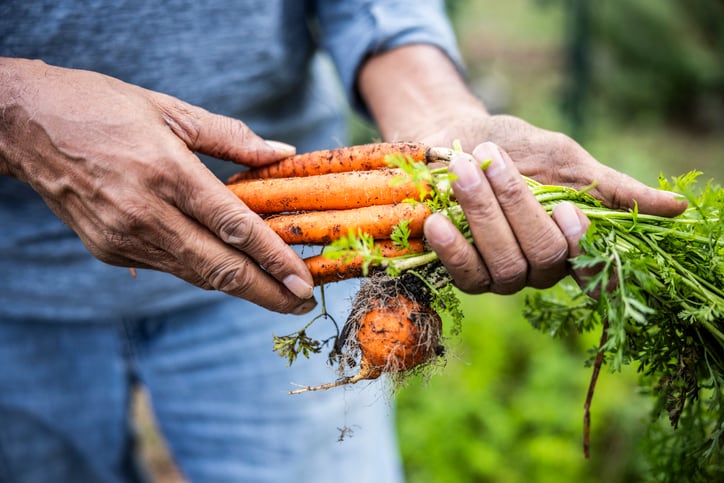Three grants for sustainable and regenerative agriculture are now available from the US Department of Agriculture, National Geographic Society and Growing Justice Fund.
The grants range in size from $10,000 to $10 million and include a broad range of topics, including equitable purchasing, climate change, animal and plant safety, nutrition, bioenergy and technology.
Food for Tomorrow
The earliest deadline to submit proposals for the grant programs is National Geographic’s Building Resilience in Agriculture, due on Sept, 30 at 11:59 pm EDT.
The National Geographic Society partnered with PepsiCo to fund the Food for Tomorrow program to support projects that help build the resiliency of farms, farming communities and natural ecosystems.
“Based on climate models, agricultural systems will face increasing challenges related to weather, climate, pests and diseases, deteriorating soil quality and other changing conditions. These agricultural systems rely on the stewardship and innovation of farming communities worldwide,” said the National Geographic Society.
Projects should focus on nature-positive solutions with measurable outcomes and support regenerative practices and approaches that demonstrate at least two of the following outcomes: soil health, climate mitigation and adaptation, watershed health, biodiversity and improved livelihoods.
The grant should include predominant field or land components in or near a farm or farming community that include one or more of the following crops: corn, wheat, oats, potatoes, sugar beets, oilseeds (i.e. canola, sunflower, rice bran), rice, cocoa, oil palm, raisins and soy.
The National Geographic Society set a funding ceiling of $150,000 for the grant, and projects must be co-produced and/or led by local collaborators in the farming community.
“We are particularly interested in supporting applied science-based projects that address highly localized barriers in adopting more regenerative, climate smart land management approaches. This means that in addition to understanding the environmental outcomes, projects must also evaluate the cultural, social and economic feasibility of adoption and scalability,” according to the National Geographic Society.
Growing Justice Fund
Those interested in the Growing Justice Fund’s 2025 grant program have until Oct. 14 at 5 pm EDT to submit applications, but they must also provide preliminary information for the organization’s eligibility quiz by 8 pm EDT on Oct. 5.
The Growing Justice Fund offers grants ranging from $25,000 to $250,000 to make food purchasing more equitable for those in Tribal, Indigenous, Black, Latinx, Asian and immigrant communities.
The group provides small- and mid-scale producers, distributors and suppliers from these communities access to large-scale purchasing.
“Through large-scale purchasing opportunities with community-serving institutions – such as schools, hospitals and elder care centers – these grants foster equitable access to food buying revenue and help build wealth in historically marginalized communities,” the organization said.
The Growing Justice Fund is offering planning grants of up to $25,000 and implementation grants ranging from $50,000 to $250,000.
The group noted some of the current challenges marginalized communities face with food insecurity.
“Current federal policy challenges – such as attacks on SNAP (Supplemental Nutrition Assistance Program) and other nutrition assistance programs – further threaten food access for low-income communities while propping up industrial-scale food systems that often externalize harm on to workers, land and local economies,” the group said.
AFRI Foundational and Applied Science (FAS) Program
The USDA also is soliciting proposals for projects focusing on six priority areas, including: plant health and production and plant products; animal health and production and animal products; food safety, nutrition and health; bioenergy, natural resources and environment; agriculture systems and technology; and agriculture economics and rural communities.
The $300 million in grant funding is available through the USDA’s Agriculture and Food Research Initiative – Foundational and Applied Science Program (AFRI). Grants available range from $10,000 to $10 million. The closing date for proposals is Dec. 31, 2026.
The grant proposal application form notes that AFRI supports research, education and extension projects that help farmers, ranchers, foresters and other producers address problems in sustaining food and agricultural systems.
“These include farm and ranch production efficiency, profitability,and sustainability; bio-based products; forestry; aquaculture; rural communities and entrepreneurship; human nutrition; mitigating impacts of biotic and abiotic constraints on food production; food safety; physical and social sciences; rural human ecology; and genetic improvement of plants and animals,” according to AFRI. “In addition, the economic sustainability of food systems is an overarching priority for the projects funded in response to this request for applications; therefore, projects focusing on plant or animal species or commodities that are important to small- or medium-sized farms or ranches are also welcome.”



